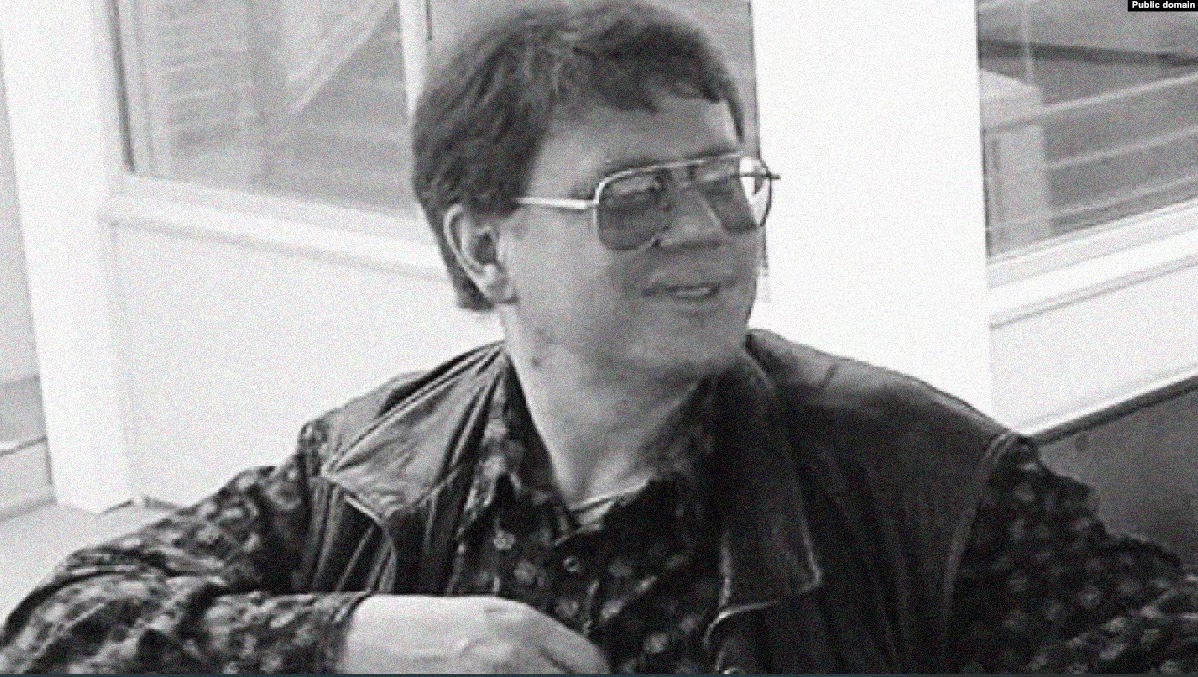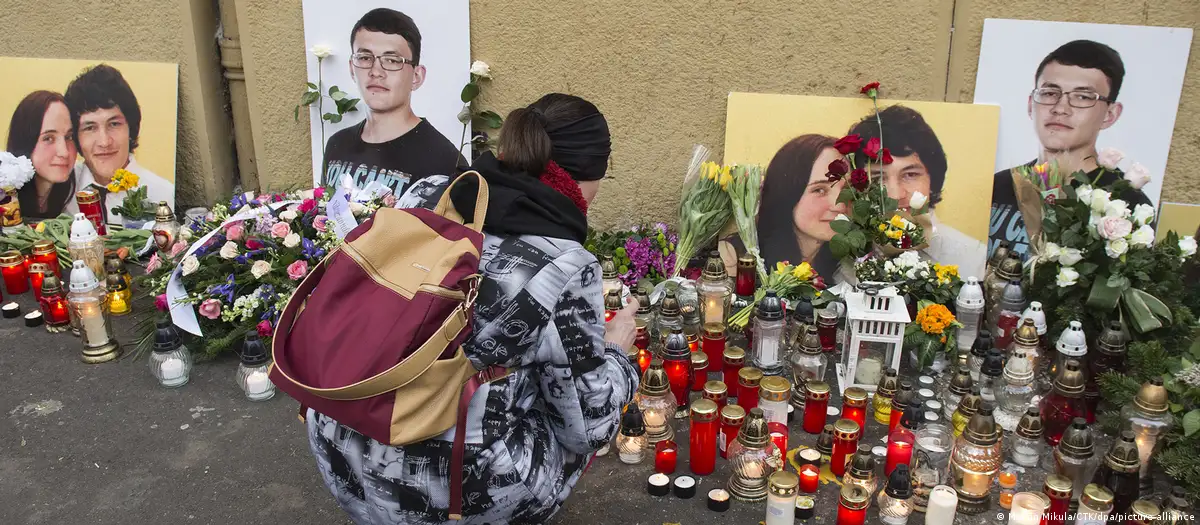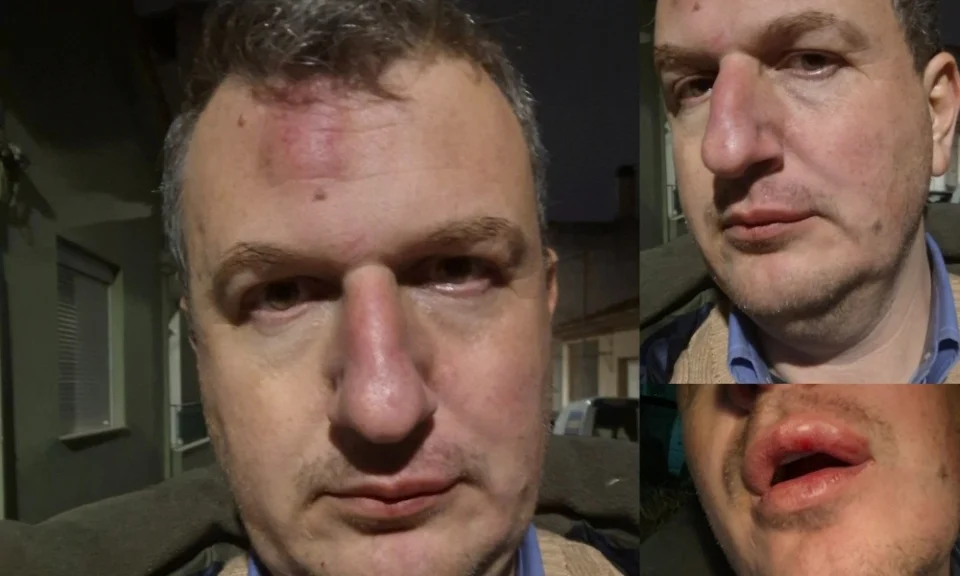
Azerbaijan’s Media Crackdown: Journalists Jailed on Politically Motivated Charges
December 23, 2024
Europe Faces Rising Press Freedom Crisis as 165 Journalists Remain Detained
December 23, 2024December 23, 2024 – Russia –
Retired police colonel Mikhail Smirnov, once deputy head of the anti-corruption department in St. Petersburg’s law enforcement, admitted to murdering investigative journalist Maxim Maksimov two decades earlier. Maksimov, who worked for Fontanka and the Agency for Investigative Journalism, disappeared in June 2004 while probing allegations of systemic corruption among senior officers, including Smirnov himself.
Smirnov made his confession after being arrested in mid-2024 on unrelated charges involving the 1998 bombing of a businessman. During questioning, he admitted to luring the journalist to a house with collaborators, where he strangled Maksimov and buried his body in a forest near St. Petersburg’s Beloostrov district . Under interrogation, Smirnov also revealed the approximate burial site, prompting an ongoing search by authorities hampered by two decades of environmental changes .
According to Izvestia, Smirnov’s motive was clear: when attempts to dissuade Maksimov from exposing corruption failed, he allegedly chose to silence the investigation permanently . Colleagues and press freedom advocates have long suspected foul play; early Russian investigations from 2005 named multiple Interior Ministry officers as suspects . Yet Maksimov’s disappearance remained unresolved until Smirnov’s recent admissions.
Apart from acknowledging the journalist’s murder, Smirnov confessed to other killings, including the 1998 assassination of a shipyard director. Following his admission, Smirnov reportedly sought to transfer to combat duty in Ukraine, hoping this would erase his criminal record under Russia’s new legal provisions shielding volunteers from prosecution .
The confession has reignited calls from media freedom organizations and civil society for a thorough, transparent investigation. Authorities now face pressure to locate Maksimov’s remains, conduct a full judicial process, and hold accountable all individuals who conspired in the murder.
This case highlights persistent dangers for investigative journalists in Russia, where state corruption and suppression of dissent have led to a chilling environment for independent reporting. Smirnov’s confession, while overdue, offers a rare path toward justice. Still, it raises fears about the long-standing impunity enjoyed by powerful figures operating behind the veil of officialdom.
The unraveling of this 20-year-old mystery serves as a somber reminder of the lethal risks journalists face when exposing entrenched systems of corruption—and how long it can take for justice to catch up.
Reference –




